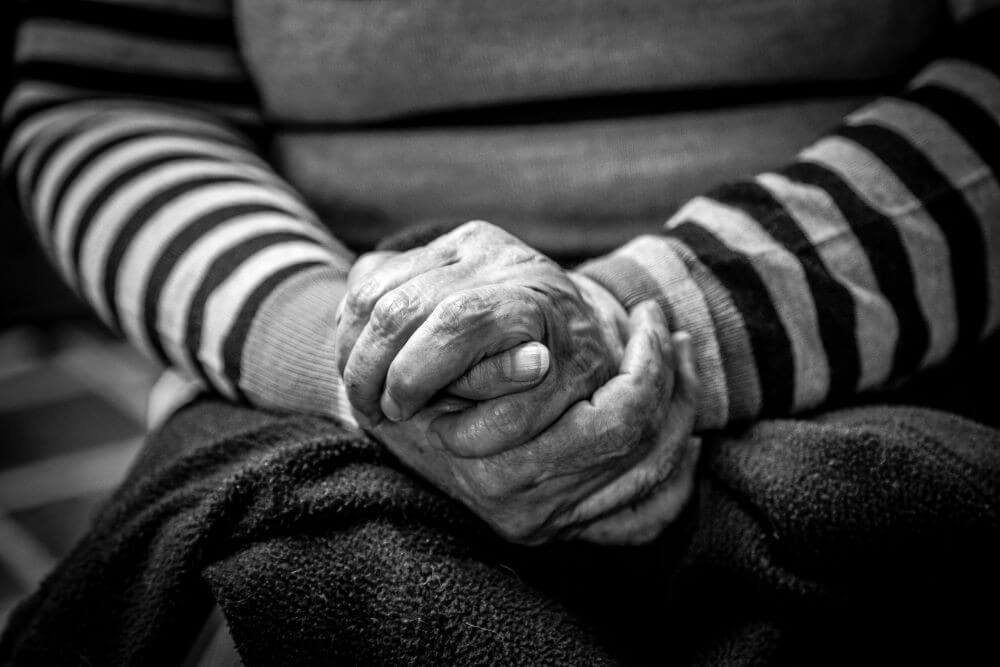Watching for the Signs of Elder Abuse

Taking care of an elderly family member can be difficult, especially if you have your own full-time job to contend with. That is why many Nebraska families turn to nursing homes to provide care for their aging parents and grandparents. These facilities are supposed to be safe, happy, respectful – the perfect place for your loved one to live in. Sadly, that isn’t always the case.
How Common Are Abuse and Neglect in Nebraska?
More than 2,500 reports of abuse and neglect were filed against nursing homes in the state of Nebraska in a recent year, according to the University of Nebraska. Among these reports, 250 included allegations of physical abuse, almost 1,200 of neglect, over 720 of exploitation, and several of sexual abuse. Even a single instance of abuse or neglect is unacceptable, and these numbers show the serious issues that nursing home residents face in Nebraska.
Identifying elder abuse can be difficult, and many studies state that the actual numbers are underreported. Oftentimes, residents are not the ones to report abuse, and family members have to step in and file a report or contact their local Ombudsman. This can be difficult if you have to drive long distances to see your loved one or do not know what to look for, but there are common signs that you can identify.
Emotional Abuse
One of the most common kinds of abuse is emotional abuse. This can range from small, cruel insults to all-out yelling and screaming. Emotional abuse is hard to see if you aren’t in the room, as it doesn’t leave any obvious physical evidence. However, you may still be able to spot differences in your loved one’s behavior.
Signs that your elderly loved one is being emotionally abused include:
- Having difficulty sleeping
- Becoming withdrawn or quiet
- Acting frightened of staff members
- Performing comforting behaviors, such as rocking back and forth
- An onset of depression
- Unexplainable changes in typical behavior
Physical Abuse
Any kind of purposeful physical contact counts as physical abuse. This usually involves the abusive party hitting, striking, kicking, or shoving a resident. It could be as seemingly small as a staff member pinching your loved one on the arm every day, or as severe as full beatings.
Oftentimes, the signs of physical abuse are very clear, and include:
- Unexplainable wounds, such as cuts, bruises, and burns
- New broken bones or sprains
- Repeated injuries
- Clear fear of certain staff members
- The resident refusing doctor examinations
Sexual Abuse
Few people want to think about the possibility of sexual abuse. It is upsetting just thinking about it. Sadly, sexual abuse is possible in nursing homes. Residents are often much weaker than staff, which means they are unable to fight back, or even call for help.
On top of that, many residents suffer from dementia or other memory-related illnesses. This means they often can’t fully recall that the abuse happened in the first place, making it easy for staff to get away with their disgusting behavior. The shame associated with sexual abuse can also make it difficult to spot, as a resident who has suffered this kind of abuse may try to hide it, scared that he or she will be blamed for what happened.
Signs of sexual abuse that you should watch for include:
- Torn and bloody clothing, often underwear
- Bruises or other injuries to the thighs and crotch
- Bruises or other injuries to the breasts
- Bleeding from genitalia or bottom
- Unexplained sexual diseases
Financial Abuse
Residents of nursing homes are usually retired and have money stored away. As seniors can suffer from poor memory and confusion, it can be easy for staff to steal from them. This is considered financial abuse. It can take many forms, from pulling money out of purses to forging checks. While this abuse does not result in the same kind of emotional trauma that the others do, it can leave your loved one in financial ruin and is incredibly important to spot and stop.
Signs that you could watch for are:
- Unexplainable bank withdrawals
- Sudden changes to legal documents
- Unpaid bills that should have been paid off
- Seemingly forged signatures
- Missing financial statements
Keeping Your Loved One Safe
If you even suspect that your loved one is being abused, talk to them. They may have key evidence to give you or a plan of their own. If you cannot communicate with your loved one due to their health, or they refuse to acknowledge abuse, then the next step is to get them out of the nursing home and call the proper authorities. Families can report nursing home abuse to the Nebraska Long-term Care Ombudsman at the Department of Health online or your local Omaha Ombudsman. Remember, there is nothing more important than your loved one’s safety.
Once your loved one is safe and the authorities have been contacted, you should seek help from an experienced Omaha elder abuse attorney. The nursing facility was supposed to protect your loved one, not harm them. Failing in this duty is unacceptable, and your loved one is entitled to proper compensation for pain and suffering. We at Bottlinger Law L.L.C. understand your distress and confusion, and we want to offer the legal support you need. Our team can advocate for full compensation on your loved one’s behalf so that they can receive proper care for their trauma. Call our firm at (402) 505-8234 to discuss your case with a member of our skilled team.
Bottlinger Law
Consultation Form
Our legal team is ready to help. Please fill out the form below to set up a free consultation with the Bottlinger Law team.